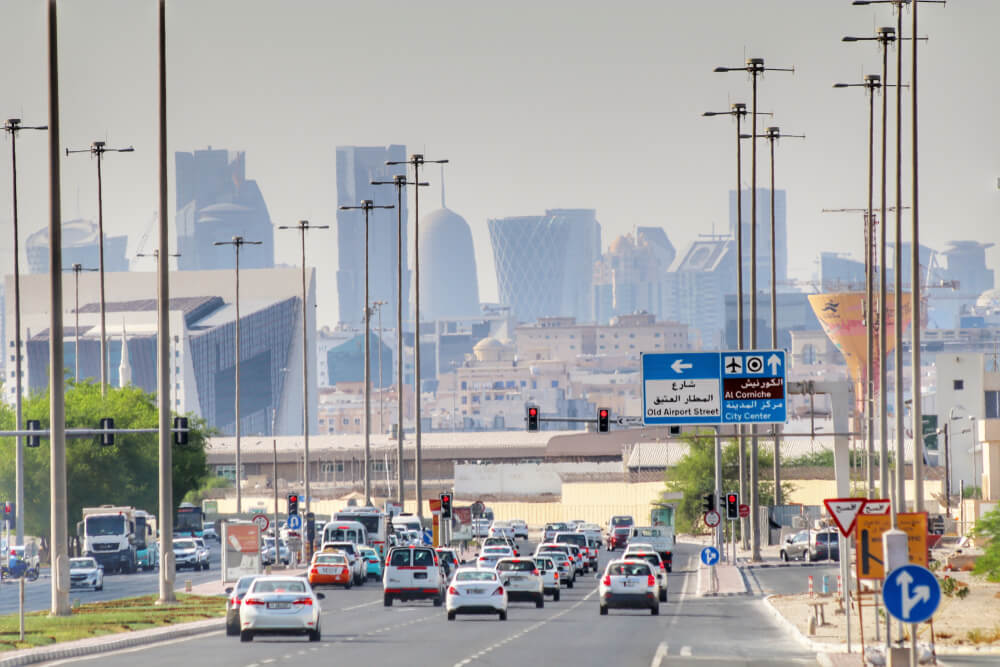Earth Overshoot Day on 1 August was when the world burned through all the resources that earth can regenerate in a year. But many people are likely to shrug, shake their heads and view climate change as another intractable issue over which they have little control.
Talk of global extreme heat and global warming as the “new abnormal” and the “era of global boiling” by Antonio Guterres, UN secretary-general, may be correct. But it makes too many people feel “doomy and depressed” as the New York Times recently put it.
Language counts so talk of “apocalyptic optimism” may push more people to become “angry and active” and generate the change needed, say a growing number of climate and data scientists.
After 28 years of failed climate talks and failure to meet targets to reduce carbon emissions, the only way for things to get better is after they get much worse, Dana R. Fisher, author of the book “Saving Ourselves: From Climate Shocks to Climate Action”, wrote in Time magazine.
“I call myself an apocalyptic optimist,” she wrote. “I believe we can save ourselves from the climate crisis that we have caused; I also believe it will only be possible with a mass mobilisation driven by the pain and suffering of climate shocks around the world.”
Several other factors are leading to higher hopes that action may be taken to avert further climate disaster, including a crop of new leaders around the world who recognise the gravity of the issue and support a global wealth tax to fund the transitional costs.
Qatar has the worst record
Climate change and global warming has certainly worsened since the first Overshoot Day that fell on 25 December in 1971 although there has been little change over the last decade, with the overshoot falling almost five months before the end of the year.
This means that people are burning through almost two planets worth of resources every 12 months, says the Global Footprint Network think tank that uses UN data to calculate how countries are consuming resources together with the planet’s bio capacity, which is earth’s ability to produce renewable resources and absorb waste.
 Qatar has the worst record and if each country burned through resources like the oil and gas rich emirate, then Overshoot Day would fall on 11 February
Qatar has the worst record and if each country burned through resources like the oil and gas rich emirate, then Overshoot Day would fall on 11 February
Qatar has the worst record and if each country burned through resources like the oil and gas rich emirate, then Overshoot Day would fall on 11 February. The next biggest offenders are Luxembourg, UAE and the US. By contrast, if more countries were like India, then there would no overshoot with just 0.7 planets worth of resources consumed each year.
The speed at which new weather records are broken appears to be rising, with the earth experiencing its warmest day in recent history on 22 July, according to the Copernicus Climate Change Service.
A recent study underscored the importance of limiting the rise in global temperature to 1.5C above pre-industrial levels in line with the 2015 Paris Agreement to prevent crossing several tipping points, including catastrophic collapse of ice sheets and dieback of the Amazon rainforest, published in Nature Communications.
“Our results show why reducing emissions this decade is crucial for the state of the planet. Failing to reach the Paris Agreement target risks reshaping the Earth’s systems for centuries to come,” said co-author Robin Lamboll of Imperial College London.
Two contradictory truths
Further grounds for pessimism is that another petrostate, Azerbaijan, is preparing to host the next UN Climate Change Conference this November, hard on the heels of the UAE last year.
However, “a new breed of climate-savvy politicians winning office in this mega election year, where about half the adults on the planet have the chance to vote” means it is more likely that more governments know about how to cut emissions speedily, noted the Financial Times recently. These new leaders include those in Iceland, Mexico, Taiwan and the UK.
Furthermore, there is growing support for a plan to impose a 2% wealth tax on those with assets worth more than $1 billion that could raise around €230 billion to tackle causes such as climate change and poverty.
World without climate policies would see average temperature rises of up to 4C or 5C - Hannah Ritchie
A joint statement issued by G20 finance ministers after meeting in Brazil at the end of last month said all countries had agreed to “engage cooperatively to ensure that ultra-high-net-worth individuals are effectively taxed.” Countries including France, Spain, South Africa and Colombia support the initiative but the US is pushing back.
It would appear there are two seemingly contradictory truths, says the New York Times. The effects of climate change are growing worse but efforts to counter them are gaining strength.
Progress is being made and this knowledge can add momentum to further action, says Hannah Ritchie, author of the book “Not the End of the World: How We Can Be the First Generation to Build a Sustainable Planet”.
She says that a world without climate policies would see average temperature rises of up to 4C or 5C. “We have really good solutions now. They’re cheap, they’re effective. We really need to build on them — now,” she says.
Our futures may depend on it.